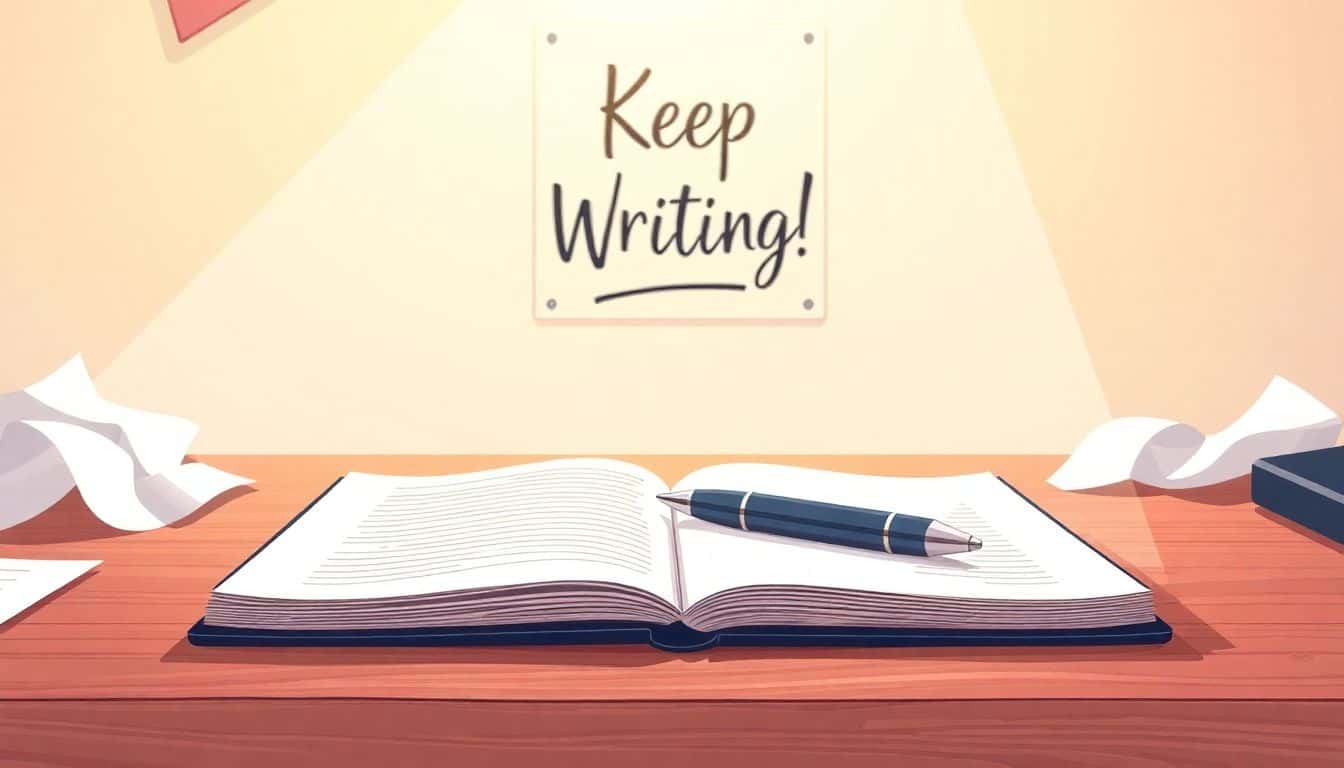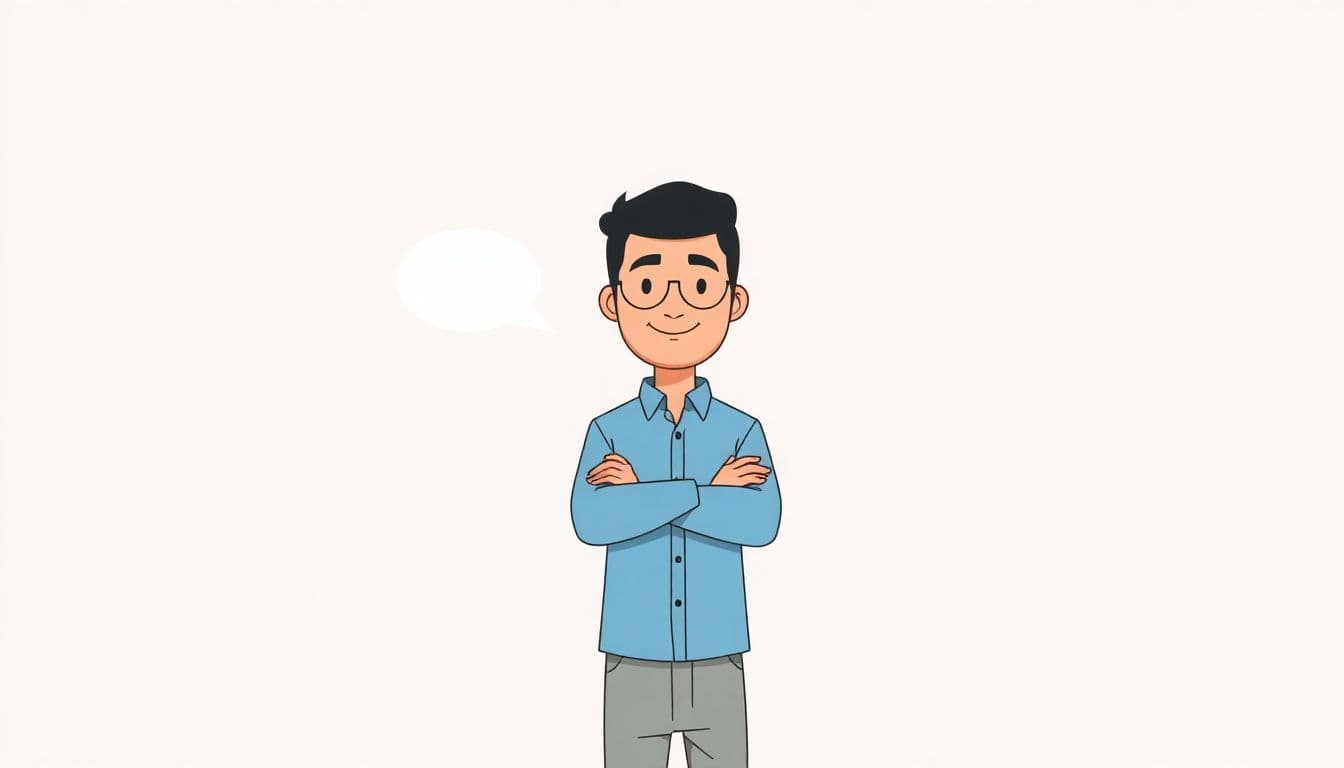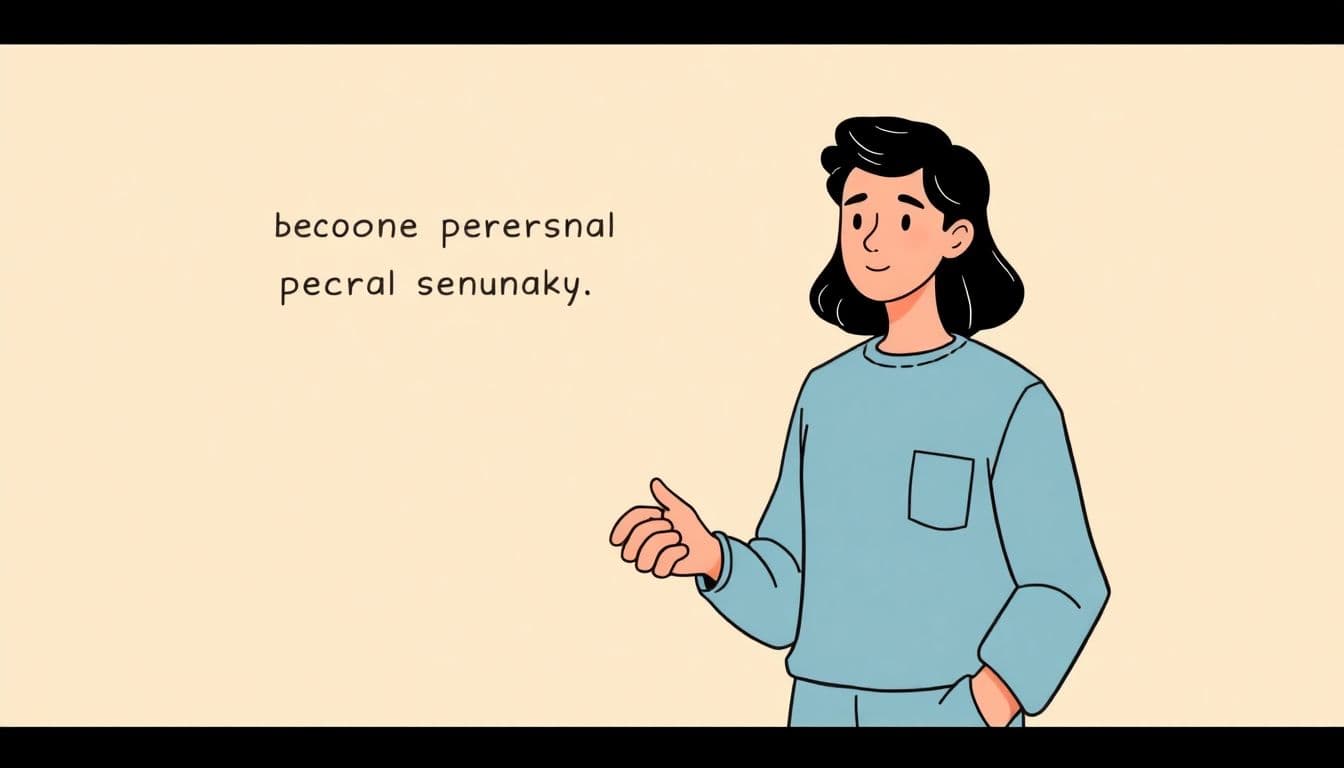Table of Contents
Writing grants can feel overwhelming, especially when all you want is some funding to keep your passion for writing alive. You’re not alone—many authors dread the task of drafting grant proposals, fearing rejection or drowning in confusing details.
Good news is, scoring that grant doesn’t have to feel like pulling teeth. Stick around, and you’ll find easy-to-follow guidance, practical tips for writing solid proposals, plus quick pointers on pitfalls to avoid.
Let’s jump right in and get you closer to that grant!
Key Takeaways
- Research carefully to find grants matching your writing goals and read their guidelines closely to avoid rejection.
- Create a clear, specific project description and detailed, honest budget explaining exactly how the grant funds will be used.
- Pick writing samples that best represent your project and always proofread carefully to eliminate mistakes.
- Check resources like Poets & Writers grant database, local arts councils, or writing organizations like PEN America for available grants.
- Include strong recommendations, a clear timeline, and a well-written artist statement to improve chances of success.
- Always meet application deadlines, follow submission guidelines exactly, and avoid vague or irrelevant information.
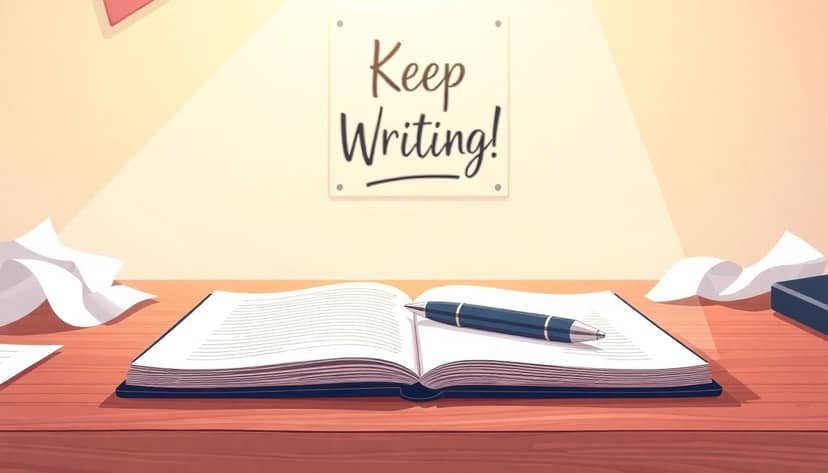
How to Write a Grant Proposal for Authors: Step-by-Step Guide
Writing a successful grant proposal involves clear understanding, solid preparation, and attention to detail. Here’s exactly how you can approach it:
- Find the Right Grant: Before you even start writing, spend time finding grants that align well with your specific project or genre. Not every grant suits every writer. For example, the Steinbeck Fellows Program offers up to six $15,000 awards for writers working on fiction or nonfiction projects, excluding poetry.
- Understand the Guidelines Clearly: Carefully read every sentence in the grant guidelines — trust me, skipping this step is how most people lose out. Highlight deadlines, budget limits, and required documents. If they ask for something specific, like an impactful writing sample or a letter of recommendation, don’t skip out!
- Create a Clear Project Description: Explain exactly what you’re planning to write, why it’s valuable, and how funding helps get the project done. Avoid vague language such as “I need funds because writing costs a lot.” Instead, clearly explain your expenses: research costs, travel expenses, or writing retreat fees.
- Prepare an Honest Budget: Your budget should detail exactly how you’ll use the money, with no fluff or exaggeration. Costs should directly match your project description, outlining expenses like travel, material research, fees for editors, or printing and publishing costs.
- Select Your Best Writing Sample: Choose the best work sample you have, ideally related directly to your project. Make sure it’s polished, professional, and within the requested page limit.
- Edit and Revise: Always thoroughly proofread your proposal or, better yet, ask someone else to review it. Fresh eyes catch mistakes you’ve missed, like awkward phrasing or typos that could annoy evaluators.
Considering that only about 1 in 10 grant proposals is accepted, according to recent grant success rate statistics, following these detailed steps carefully improves your chances significantly.
Types of Writing Grants Available for Authors
The good news is, there are tons of different types of grants out there, depending on your interests and goals. Here’s a quick overview of the common options:
- Project-based grants: These are usually one-time awards meant specifically to fund particular projects like novels, graphic novels, or short story collections. For instance, author fellowships like the Steinbeck Fellows Program mentioned earlier fall under this category.
- Residency grants: Many organizations offer these grants, giving you dedicated writing time and often housing at a residency program or retreat. For example, places like Yaddo in Saratoga Springs, NY, provide funded stays.
- Travel Grants: Planning research trips for your next historical fiction masterpiece or nonfiction account? Travel grants cover your expenses because grant organizations know good writing often requires firsthand research.
- Completion Grants: Have a halfway-finished book manuscript that needs financial help to cross the finish line? Completion grants specifically fund authors who’ve already started their projects but face financial hurdles toward finishing.
- Career Development Grants: Meant more as broader support, these grants help writers grow professionally through education, training programs, or workshops that improve your writing and publishing skills.
You can also consider alternative paths to publication. For instance, learning how to publish a book without an agent opens more avenues, especially when grant competition is high and funding is scarce.
Where to Find Grants for Writing Projects
Now the million-dollar question (sometimes literally): where do you find these grants? Good news—there are plenty of helpful resources for tracking down available funding opportunities.
- Grant Databases: Websites like Poets & Writers Grant Database regularly update available grants and contests for authors. Bookmark this site and check regularly so you don’t miss new opportunities.
- Writing Organizations: Groups like PEN America or the Society of Children’s Book Writers and Illustrators (SCBWI) often provide grant listings and may even offer grants themselves.
- Local and State Arts Organizations: Check in with your local and state arts councils or humanities offices. Many offer funding specifically earmarked for local or regional authors.
- University-Based Programs: Colleges and universities, like San Jose State University with its Steinbeck Prize, often fund literary grants, especially those affiliated with famous alumni or noteworthy literary figures.
- Crowdsourcing and Micro-funding Sites: Platforms like Kickstarter or Patreon don’t offer “grants” traditionally, but they’re fantastic ways to generate funds directly from an enthusiastic audience eager to support writers—particularly handy if grants feel difficult or you’re building an existing fan base.
Keep in mind that funding options fluctuate. Just in March 2025 alone, around 133 unique grant opportunities were identified specifically for creative fields, totaling over $1 million available funding according to a recent funding opportunities analysis. Knowing where to consistently look can mean discovering just the right grant at just the right moment for your writing project.
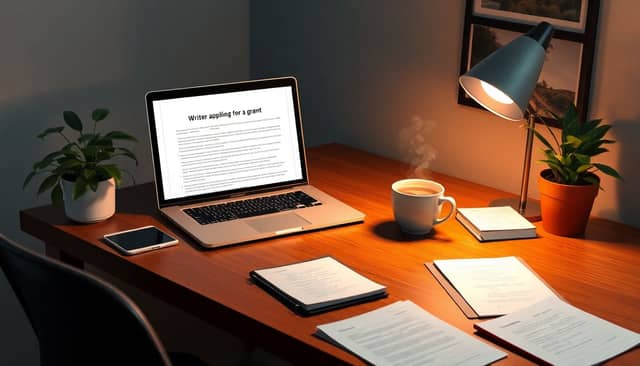
Common Requirements in Writing Grant Applications
Wondering what’s usually required when applying for a writing grant?
Typically, you’ll need to include a clear project proposal that describes exactly what you plan to do, your goals, and the expected outcome.
A project budget is another frequent requirement, breaking down how you’ll spend the grant money—like travel for research, materials, or writer retreats.
Your selection of writing samples also matters; usually, grant applications ask for a certain page limit, such as first chapters if you’re writing a novel or your best published short story.
Many grants require recommendation letters from professionals familiar with your writing, commitment, or past projects, so don’t be shy about approaching former professors or writing mentors.
Grants often ask for a thoughtfully written artist statement, briefly explaining your writing journey, themes, and what motivates your work personal.
Sometimes you’ll be asked for a timeline, which clearly maps out your project from start to end, demonstrating your practical planning ability.
Make sure to check specific instructions carefully, because leaving something out or sending extra materials they don’t ask for might simply annoy the evaluators.
Tips for Creating a Strong Grant Proposal as an Author
If you want to beat the odds (since only about 1 in 10 grant proposals get funding), follow these tips closely.
Be incredibly specific about your project details—general statements won’t cut it.
Clearly explain how your project matches the grant’s goals. If a grant supports historical fiction, outline exactly how your novel fits this genre and why funding helps you gather authentic historical insights.
Show grantmakers why you’re the perfect candidate by briefly highlighting past experiences or research that demonstrates both skill and dedication.
Write convincingly about how receiving this grant aligns with your broader writing ambitions. For example, if your goal is to publish a graphic novel independently, mention how this grant helps you achieve your dream without an agent or publisher.
Use testimonials or recommendations from credible people within your field to strengthen your case.
Highlight clearly-defined outcomes. Instead of saying “I’ll write the book,” specify something like “I’ll complete a fully revised manuscript ready for submission to agents.”
Edit your proposal repeatedly and get feedback—show it to friends or writing partners who can give you honest and fresh feedback on clarity, readability, and passion.
Mistakes to Avoid When Applying for Writing Grants
Applying for a grant? Don’t sabotage yourself by making common slip-ups like these:
Submitting late—seriously, deadlines are vital, miss one, and your application won’t even get looked at.
Ignoring stated grant guidelines or requirements, such as word limits, topic requirements, or the type of writing they fund is a quick way to get ignored.
Not proofreading thoroughly. Missed typos or grammatical mistakes can ding your credibility with evaluators.
Having a vague budget. Grants committees want precise details like exactly how much you’ll spend on printing, travel, or materials, not vague expenses like “general costs.”
Including irrelevant writing samples. Sending poetry to grants that clearly say no poetry allowed, for instance, torpedoes your chances immediately.
Being too formal or stuffy. This doesn’t mean get wildly casual, but aim for honest straightforward writing.
Failing to clarify the project’s value or significance clearly, leaving the evaluators guessing about why they should care.
What Happens After You Submit Your Writing Grant Proposal?
You’ve sent off your application; now what?
The waiting game kicks in, with responses from grants usually taking anywhere from several weeks to months, depending on the organization running it.
In the meantime, many grant organizations will send you an email confirmation that your application is received—always save this email in case you have to follow up.
In some situations, grant evaluators might reach out for additional details or clarification, especially if your project is among final contenders.
Whether you’re selected or not, you’ll typically receive official communication letting you know either way, usually via email.
If accepted, expect paperwork—grant agreement forms, tax documents, and specific guidelines around spending your awarded funds (so keep records and receipts!).
Successful recipients might be asked to submit a report or completed manuscript at the project’s end, summarizing how the funds helped and what was accomplished.
If you’re not successful, don’t despair or take rejection personally—only 1 in 10 proposals is usually funded, so focus on improving or finding more suitable grants next time around.
Final Thoughts and Additional Resources to Improve Your Writing Career
Winning a writing grant is tough, so don’t get discouraged easily.
If you’re having a hard time securing traditional grants, alternative ideas like finding innovative ways to publish a graphic novel or even diving into some creative realistic fiction prompts can boost your writing experience and portfolio.
Every application you complete strengthens your grant-writing skills further, making you better each time you apply.
To grow your writing skills while waiting to hear back from grant foundations, try engaging in fun and challenging winter writing prompts or fantasy world-building exercises which keep your writing muscles active.
Explore other helpful writing resources, podcasts, and writing groups—juggling multiple strategies, like developing your writing thick skin and building your personal network, naturally increase your chances of future success.
Remember, perseverance and continued improvement are your best friends when it comes to grant writing.
FAQs
Grant applications generally require a detailed project outline, author bio, budget breakdown, and samples of previous work. Reference letters, timelines, and tailored cover letters describing project impact and objectives might also be necessary for certain grants.
Authors can locate writing grant opportunities through databases like FundsforWriters, Poets & Writers, or Grants.gov. Professional writer associations, local arts councils, social media platforms, and industry newsletters also regularly list writing grants and fellowships.
Common mistakes include overlooking application guidelines, providing vague budget details, not clearly defining project objectives, and submitting incomplete or hurried proposals. Poor grammar, typos, and generic proposal language also negatively affect reviewers’ perception and decisions.
After submission, grant committees review and evaluate proposals based on criteria such as originality, feasibility, quality, and impact. Selected applicants could be contacted for interviews or asked for additional materials before a final funding decision is communicated to them.
